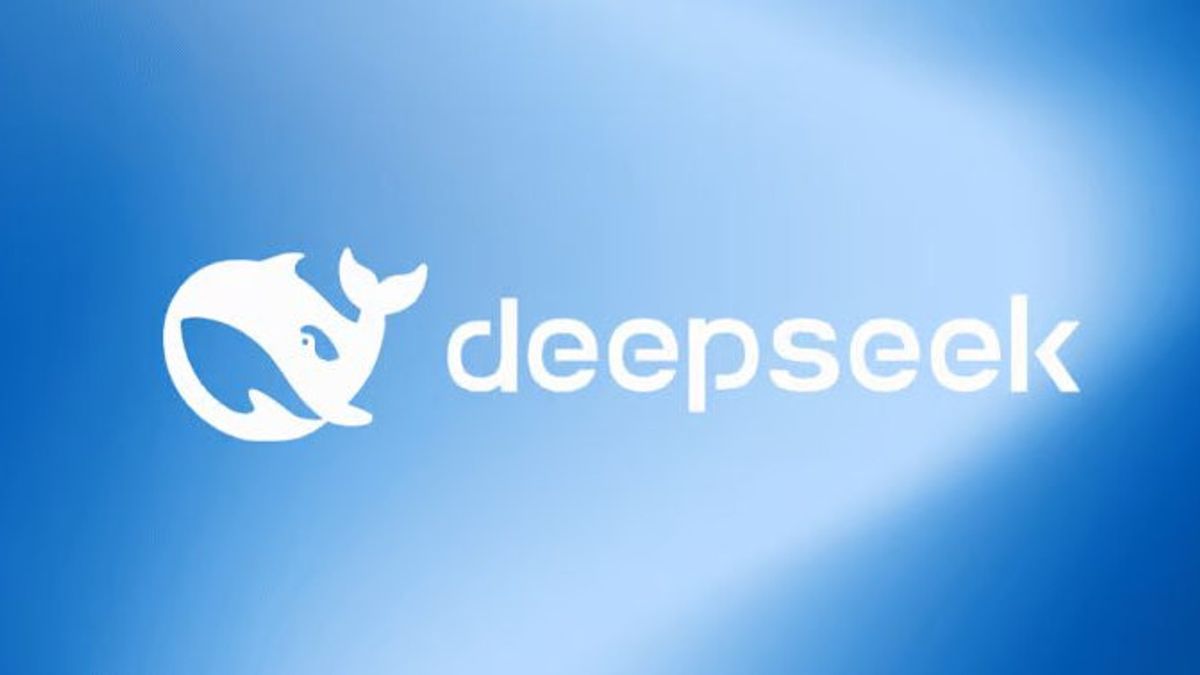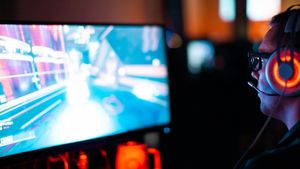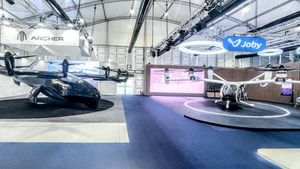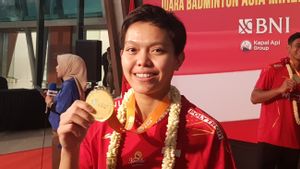JAKARTA High-Flyer, a quantitative hedge fund from China, has built a portfolio worth 100 billion yuan (equivalent to IDR 223.9 trillion) using artificial intelligence (AI) models to make investment decisions. However, in 2023, the company decided to change course and focus on developing the most up-to-date artificial intelligence (AGI).
In a post on WeChat's official account, Hangzhou Huanfang Technology Ltd Co., the official name High-Flyer, stated that they will allocate all their resources and power to develop AI technology that can benefit all mankind. The company has also formed a new independent research group to explore the essence of AGI.
Microsoft, which supports OpenAI, defines AGI as an autonomous system capable of surpassing humans in most economic-valued tasks. OpenAI CEO Sam Altman, in a post on X last week, said his company had not yet reached that stage.
DeepSek And Its Impact
The independent research group formed by High-Flyer is DeepSek, which in recent weeks has rocked the global technology sector. The founder and controlling shareholder of High-Flyer, Liang Wenfeng, is also a DeepSek leader known for his low profile.
The AI model developed by DeepSek received praise from competitors in Silicon Valley, something unprecedented for the AI model from China. However, DeepSek's claim that they use a much smaller computing power than leading AI companies in the United States have triggered the global sell-off of technology stocks.
Currently, it is not clear how close DeepSek is in achieving the development of AGI. Although its success seems to have come suddenly, DeepSek's journey has actually lasted more than a decade.
Under Liang's leadership, High-Flyer has long studied and experimented with AI models from abroad, implemented the technology in their business, and invested in high-end Nvidia chips worth tens of millions of dollars to provide the computing power needed for their AI-based strategies.
Big investment
High-Flyer has built two AI-based supercomputer clusters that fully used the Nvidia A100 chip before the United States government banned the export of the chip to China in September 2022.
Their first cluster, consisting of 1,100 A100 chips, was built at a cost of 200 million yuan and started operating in 2020. Meanwhile, the second cluster containing about 10,000 A100 chips was completed the following year at a cost of 1 billion yuan, according to the company's website and various uploads on WeChat.
In 2022, AI researchers at High-Flyer presented a strategy at the Nvidia conference to maximize the efficiency of their second cluster in training AI models.
SEE ALSO:
It is not yet known how much investment High-Flyer has made in DeepSek. However, High-Flyer has offices in the same building as DeepSek and also has patents related to the chip cluster used to train AI models.
According to Chinese company records, Liang owns 55% of shares in the High-Flyer and controls 99% of the voting rights. The remaining shares are owned by other executives in the company.
The Mystery Of DeepSek Computing Power
So far, DeepSek claims to only use the much less powerful Nvidia H800 and H20 chips than the A100 chip to train its DeepSek-V3 model and predecessor, DeepSek-V2. This last model had sparked an AI price war in China when it was released in May 2024.
However, some technology executives speculate that DeepSek has far greater computing power. Scale AI CEO Alexandr Wang, in an interview with CNBC last week, stated without evidence that DeepSek has 50,000 Nvidia H100 chips. He claims that DeepSek did not disclose this because it could violate US export controls against H100 and A100 chips to China.
DeepSek did not comment on the allegations, while Nvidia has also not responded to requests for comment.
However, Liang seems to remain worried about access to future computing power. In an interview with Chinese media, Waves, in July 2024, he was asked if High-Flyer planned to separate DeepSek and bring it to the stock market. Liang replied:
"We have no plans to seek funding in the near future. The problems we face are not money, but embargoes against high-power chips," Liang said.
The English, Chinese, Japanese, Arabic, and French versions are automatically generated by the AI. So there may still be inaccuracies in translating, please always see Indonesian as our main language. (system supported by DigitalSiber.id)
















